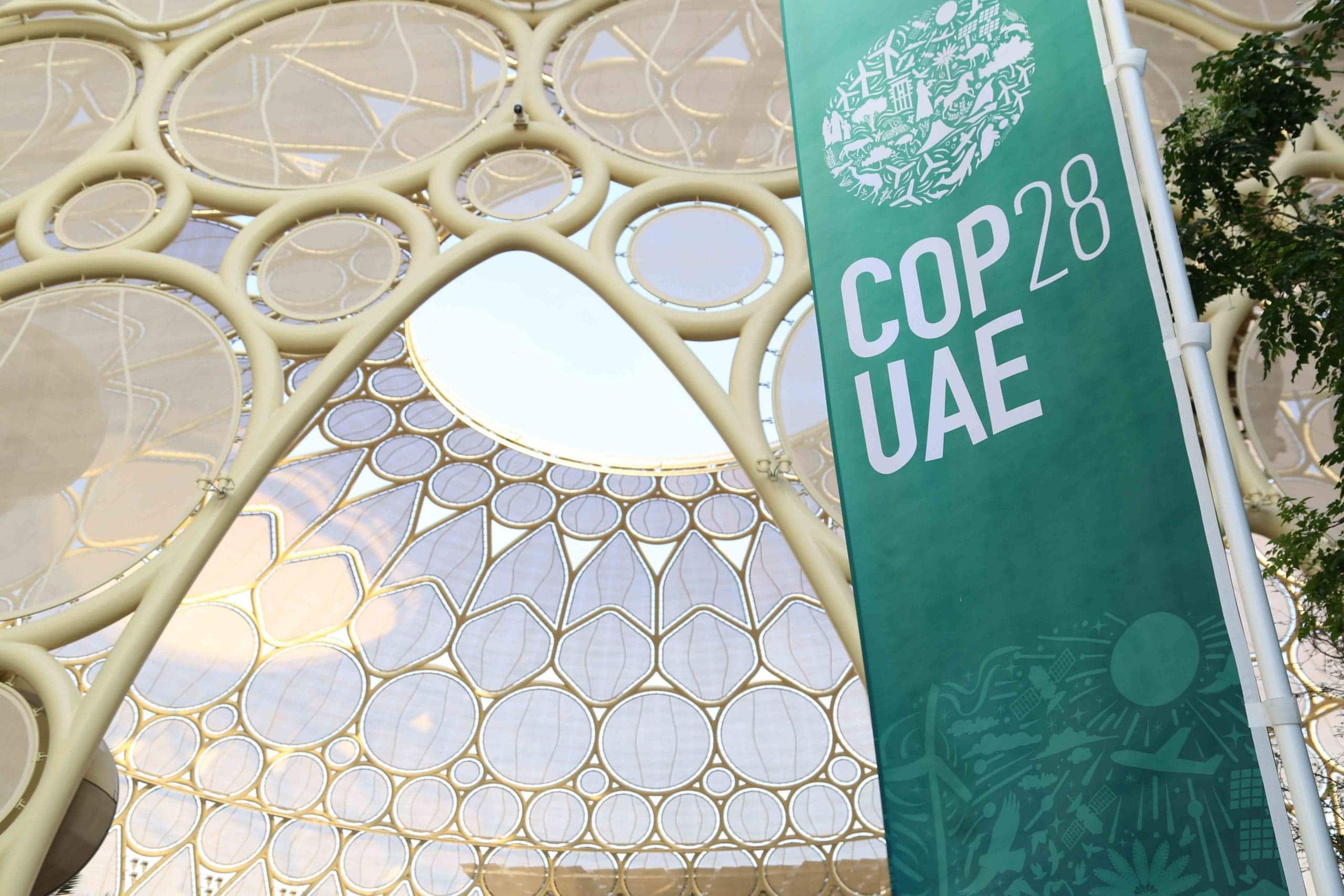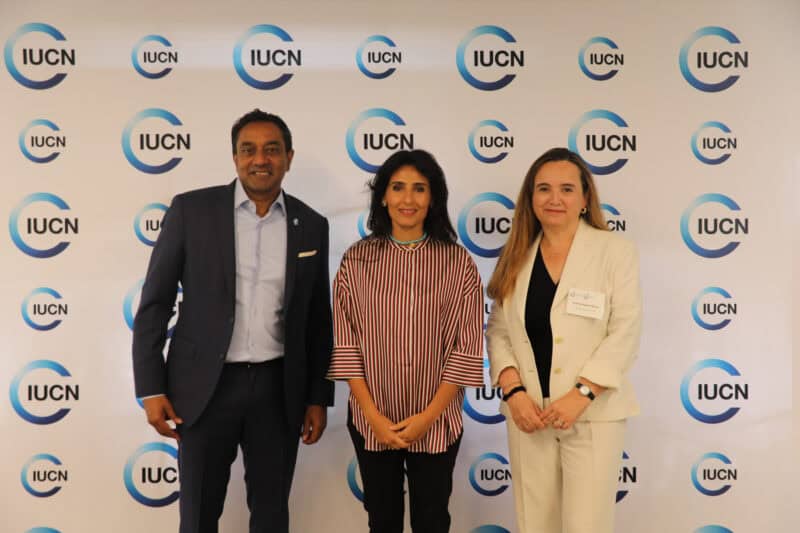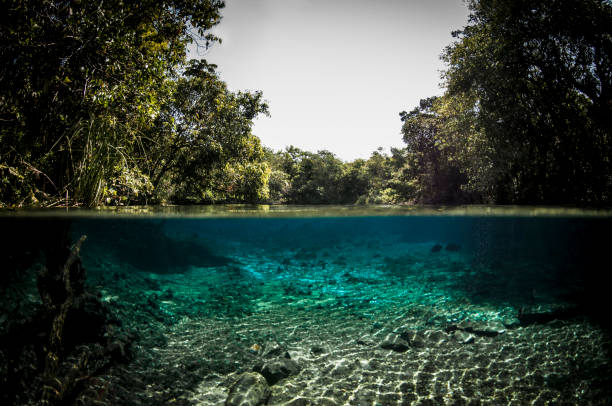News
COP28: IUCN welcomes recognition of nature and urges a fossil-fuel free future

IUCN recognises the decision taken by governments at the UN Climate Change Conference (COP28) to transition away from fossil fuels as a step forward. We continue to call for greater climate action and a clear phase-out of fossil fuels. This phase-out is imperative to prevent the worst impacts of runaway climate change, and to allow nature to play its full role in addressing the climate crisis.
IUCN welcomes the strong recognition of the contribution of nature in the formal outcomes of the Global Stocktake. We believe that, alongside a rapid and just energy transition, investing in healthy ecosystems and nature-based solutions is critical to keeping the 1.5 C goal alive. Nature will deliver powerful adaptation and mitigation benefits, provided we take ambitious action towards decarbonising our economies and societies.
COP28, which ended today, was exceptional in its recognition of the importance of nature. There was a groundswell of support for jointly addressing the climate and biodiversity crises. Progress was made on a number of key initiatives on nature-based solutions, agriculture, water, mangroves, and oceans, among others.
Science tells us that every increment of warming will result in increased losses and damages for humans and nature alike. As the IUCN Red List update, launched here in Dubai, underscored, climate change is already impacting species and ecosystems, with disastrous consequences for human wellbeing.
A notable achievement at COP28 was the operationalisation of the loss and damage fund, and initial funding pledges to it. We remain concerned at the lack of progress on effectively delivering climate finance, in particular for adaptation. We welcome the greater recognition of the role of Indigenous peoples in safeguarding healthy, biodiverse ecosystems. IUCN calls for greater climate financing to be provided directly to them as a matter of priority.
By recognising the role of nature we are taking steps in the right direction. Combined with scaled-up climate finance and the phase-out of fossil fuels, this will help realise a sustainable future for us all.
Read this article on the IUCN website.


